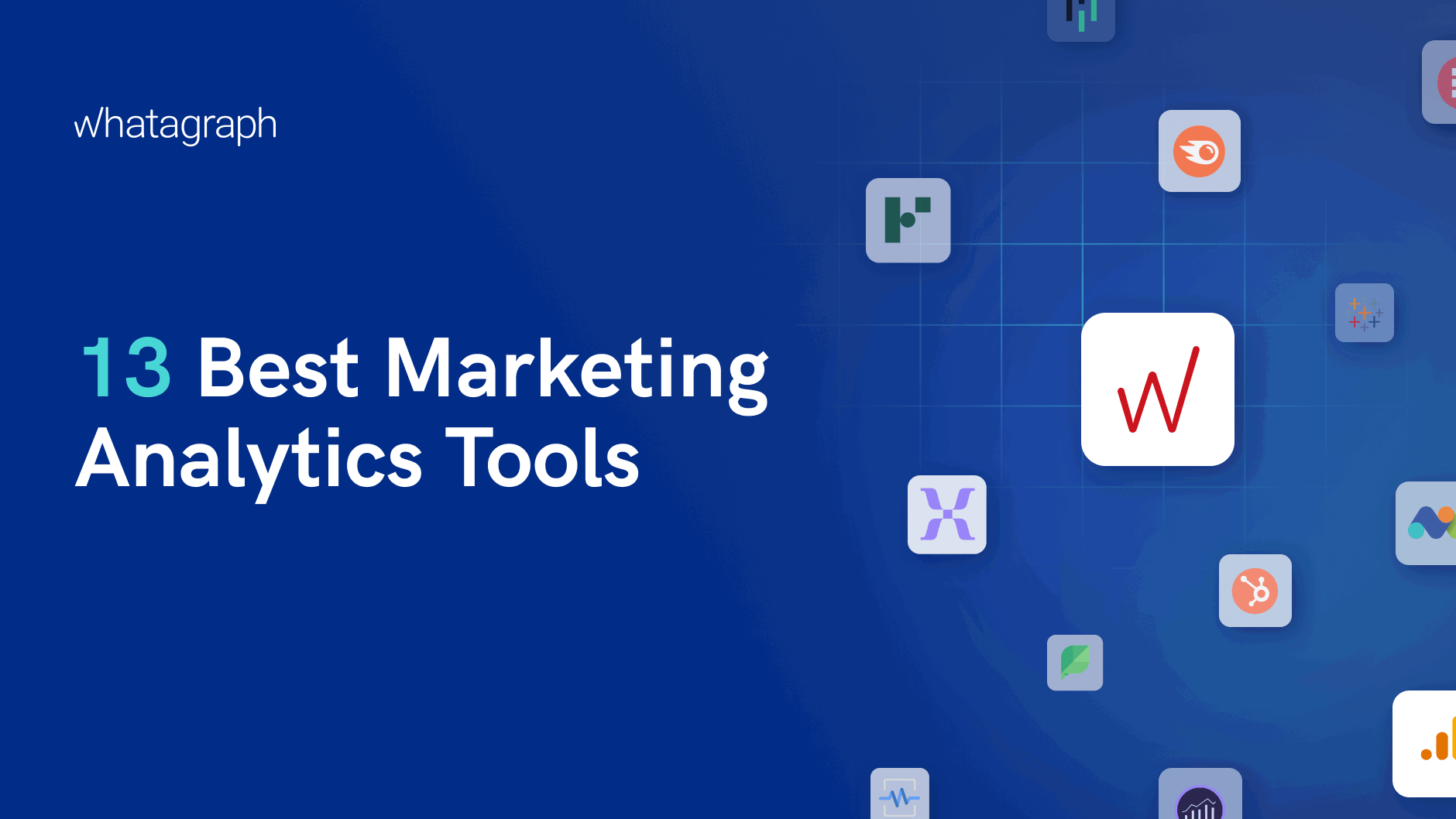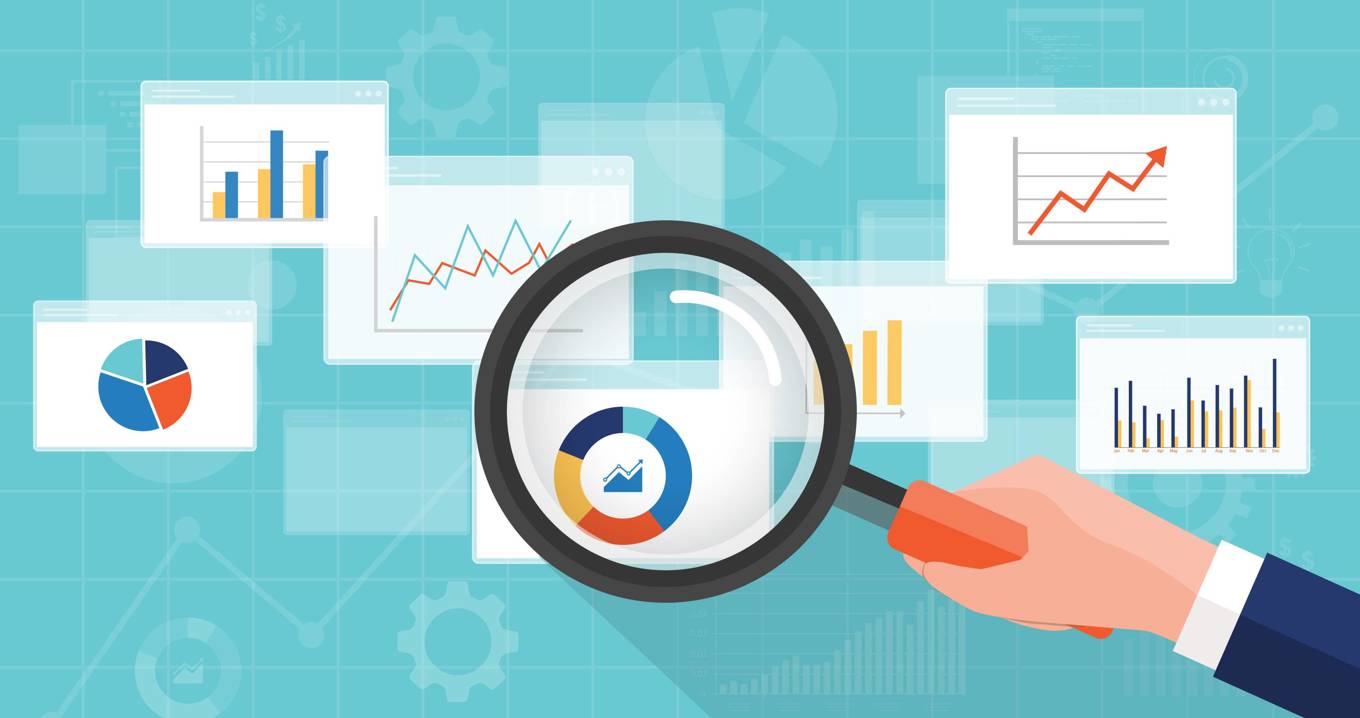Maximize Effectiveness Making Use Of Real-Time Analytics Platforms
Maximize Effectiveness Making Use Of Real-Time Analytics Platforms
Blog Article
Make Best Use Of Development: How Analytics Drive Better Approaches
In today's data-driven landscape, companies progressively identify the essential role of analytics fit effective development techniques. By using data understandings, services can refine their functional approaches, expect market changes, and boost customer interaction. However, the obstacle lies not just in collecting information but in successfully interpreting it to drive substantial results. As we explore the crucial advantages and methodologies connected with analytics, a crucial inquiry arises: how can organizations guarantee they are leveraging these understandings to unlock their full capacity? The solution might redefine the future of tactical planning.
Understanding Data Analytics
Data analytics is a systematic computational analysis of data that allows organizations to discover significant patterns and insights. This process includes a range of methods, including statistical analysis, predictive modeling, and information mining, which jointly intend to change raw information into actionable information - Analytics. By employing these methodologies, organizations can make enlightened choices that are rooted in empirical proof instead than intuition alone
The foundation of data analytics hinges on its capacity to take care of substantial quantities of details from varied resources. This consists of organized data, such as data sources, and unstructured data, consisting of social media sites communications and customer comments. With using specialized software and devices, analysts can draw out and process this information effectively, determining fads and correlations that might not be quickly evident.
Comprehending information analytics also entails acknowledging the significance of information top quality and stability. Trusted and exact data is essential for meaningful evaluation; therefore, organizations must carry out robust information governance methods. The repetitive nature of analytics allows for constant improvement and enhancement of approaches, guaranteeing that organizations continue to be nimble in the face of altering market dynamics and consumer habits.
Key Benefits of Analytics

One of the vital advantages of analytics is its capability to supply actionable insights. Organizations can quickly assess substantial quantities of data, uncovering patterns that may not be immediately noticeable.
An additional considerable benefit is enhanced consumer understanding. Analytics devices allow businesses to segment their target market, track consumer behavior, and individualize advertising efforts. This targeted strategy not just improves consumer interaction but additionally drives greater conversion rates.

Implementing Analytics Techniques
To totally realize the advantages of analytics, companies must embrace organized strategies for application. This starts with clearly defining goals that straighten with broader company objectives. By developing specific, measurable results, companies can concentrate their analytics efforts on areas that generate the highest possible return on financial investment.
Next, organizations must focus on information administration to ensure the integrity and protection of the information being analyzed. This involves establishing procedures for information collection, storage space, and accessibility while sticking to pertinent laws. Ensuring premium information is critical for creating purposeful understandings.
In addition, cultivating a society of data-driven decision-making is essential. This requires training employees to translate analytics searchings for and motivating partnership across departments. When teams understand the value of analytics, they are go most likely to incorporate understandings into their daily operations.
Lastly, organizations must routinely review and refine their analytics approaches. The landscape of information and modern technology is continuously developing, and staying versatile will certainly allow organizations to leverage brand-new devices and methods efficiently. By implementing these organized methods, organizations can make the most of the impact of their analytics campaigns and find out this here drive sustainable development.
Tools for Effective Evaluation
Effective evaluation depends on a variety of devices that help with the removal of insights from information - Analytics. These tools can vary from easy spread sheet applications to advanced machine finding out platforms, each offering an unique objective in the analytical procedure
Data visualization software program, such as Tableau and Power BI, plays an important duty in transforming complicated datasets right into understandable graphical depictions. These devices allow experts to recognize patterns and trends promptly, allowing for more educated decision-making.
Analytical evaluation software, like R and SAS, provides sophisticated capacities for conducting extensive evaluations, consisting of regression, theory screening, and predictive modeling - Analytics. These features equip organizations to attract purposeful verdicts from their information, identifying potential chances and risks
Moreover, data source monitoring systems such as SQL and NoSQL data sources give the required framework for keeping and quizing huge volumes of data successfully. They make sure that information is organized and accessible for evaluation.
Finally, service knowledge systems incorporate different information sources, providing a comprehensive view of business efficiency. By making use of these tools effectively, organizations can enhance their analytical capabilities, enabling them to create approaches that optimize development and improve general efficiency.
Instance Studies of Success
Successful companies often utilize data analytics to drive impactful strategies, as evidenced by numerous significant situation studies. One prominent instance is Netflix, which uses innovative algorithms to evaluate visitor choices and behavior. By using these insights, Netflix has efficiently tailored its material suggestions, resulting in boosted user involvement and customer retention. Their data-driven approach has actually unquestionably added to their condition as a leading streaming service.

Additionally, Starbucks uses data analytics to establish ideal shop locations and improve its item offerings. By analyzing client demographics and buying patterns, Starbucks successfully determines high-potential markets and tailors its food selection to neighborhood preferences, driving sales and customer commitment.
These study show that efficient utilization of data analytics can lead to tactical benefits, fostering technology and development within companies throughout different sectors.
Verdict
In conclusion, the assimilation of analytics into business methods substantially enhances decision-making processes and cultivates sustainable growth. The efficient application of analytics devices even more supports dexterity and development, allowing companies to browse competitive landscapes with better precision.
Information analytics is why not try here a methodical computational evaluation of data that allows organizations to reveal purposeful patterns and insights.Recognizing data analytics likewise includes recognizing the importance of information high quality and stability. Precise and reliable data is crucial for meaningful analysis; thus, organizations must apply robust information governance techniques.Following, companies must prioritize information governance to make certain the honesty and protection of the information being assessed.Effective companies often leverage data analytics to drive impactful techniques, as evidenced by a number of notable instance studies.
Report this page